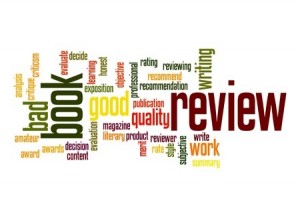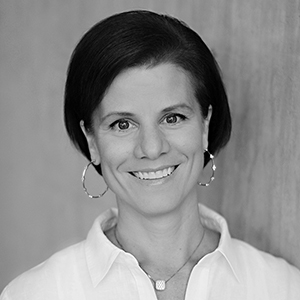One thing most authors stress about is book reviews: getting them, liking them, ignoring them, and of course, those pesky Goodreads ratings that show up before early review copies of the book have even been made available to anyone!
For those who don’t know, the number of reviews a particular book receives on Amazon is a critical factor in the algorithms that determine how visible that book will be on that site. Authors hope to see a lot of reviews go up quickly, especially if they are positive. But we also watch for book blog reviews (large and small), and finally, the trade journals (Kirkus, Library Journal, Publisher’s Weekly, Booklist, RT Magazine, and so on). These latter reviews are the ones from which authors obtain pull quotes to place on their websites or in the “Praise” sections of their future books.
We all celebrate and share the good ones, but inevitably (at least for me) there are the clunkers, too. Whether given by an anonymous Amazon reader, a popular blogger, or a trade journal, they can sting and create an enormous amount of self-doubt. On the other hand, they can also provide some insight into a writing element we might need to work on in that next book. I try, after two or three days of serious sulking, to learn something from any bad review I receive. I suppose it is up to future readers to determine whether I succeed!
But this all leads me to the real question: what defines a “bad” book?
I think we all know that there are genuinely “bad” books out there (poorly written, unedited or poorly edited, no sense of story and character arc, and so on). But what of the other books–the ones that have been vetted by an agent and revised with guidance from an experienced editor? How do some of those novels end up with really negative reviews?
I’ve given this a lot of thought, and my conclusion is quite simply that these review grades are wrong. I’m not suggesting that the reviewer didn’t dislike it, or that s/he didn’t have a right to give it a “hot steaming pile” review. But the fact that s/he hated it doesn’t necessarily make it bad. The reality is that it was probably more of a “bad fit” of a particular book with a particular reviewer.
To support my conclusion, I’ll recount last night’s dinner with two other authors. We were sharing thoughts about some of our favorite books within the contemporary and historical romance genres. Needless to say, sometimes we all agreed, but often a book beloved by one would be despised by another.
One reader may love a formal writing voice while another finds it pompous. Also, personal biases come into play with plot elements. For example, I do not like stories where either main character is engaged in an affair. I also can’t stand heroines who’ve hidden a baby from the hero (I can’t accept any justification for this aside from abuse, so I can never understand why a hero would trust her or fall in love with her AFTER such a betrayal). I also don’t love an aggressively snarky heroine because, to me, she comes across as a woman with a massive chip on her shoulder, and I end up shouting “Grow the F Up” at my iPad. Stories with any of these elements are likely to get an unflattering review from me if I finish it.
There are also reviews that laud a “strong” heroine (which heroine may, for another reader, be perceived as nasty or unfeeling), or criticize a “weak” heroine (whom someone else may admire for her well-intentioned self-sacrifice). Same goes for heroes. I typically find the overly domineering alpha hero to be offensive, but the popularity of the billionaire BDSM books proves I’m in the minority.
Thus, while there are certainly stories that are universally beloved with good reason (dynamic characters, exceptional pacing and tension, the perfect payoff), the great majority of perfectly good books are still going to end up with some negative reviews.
What does this mean for readers who use reviews to make purchase decisions? Two things. First, authors and readers alike should pay more attention to the content of the review than the grade, because what some dislike, others may adore. Second, when you find a reviewer who seems to share your taste, follow that reviewer’s future reviews to help find new books you might enjoy.
Do you agree with my conclusions? What personal biases or preferences do you think color your reaction to a story?
XO-Jamie



